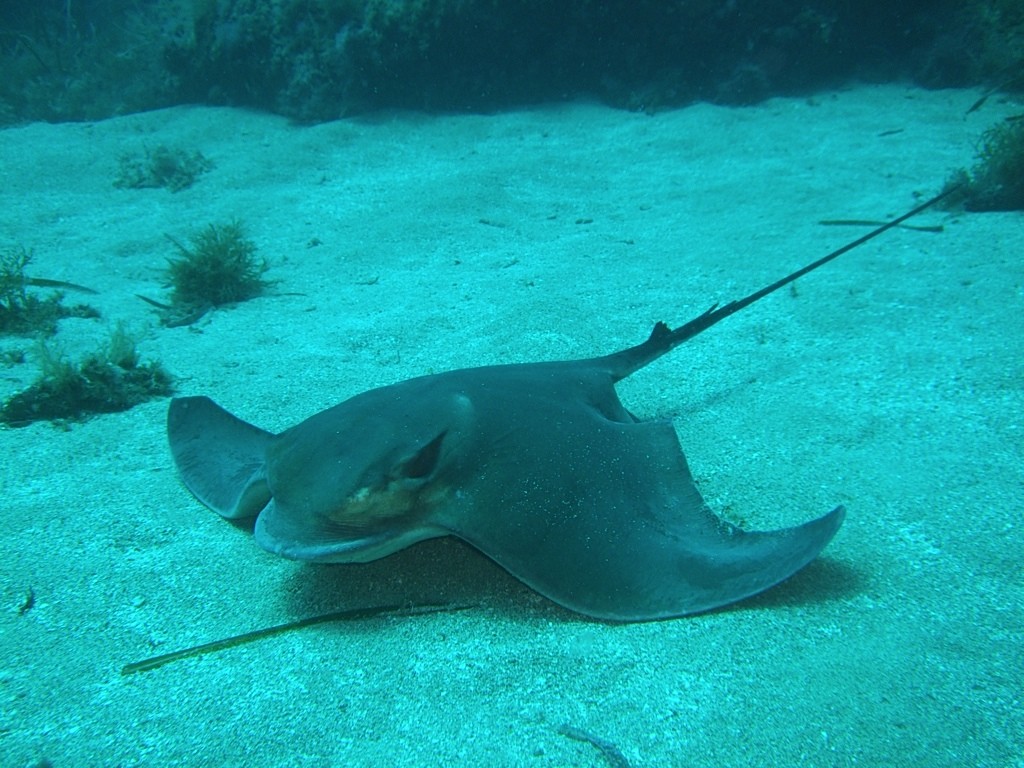I freely admit that it’s been awhile since my last commercial dive. But when I see something like this, I have to say something. Diving is no joke. Commercial and occupational diving even less so. It is not just “doing work in different equipment”, it’s doing work in a hostile environment where you are dependent on your equipment and team to keep you alive, under conditions that can cause severe injury or death if risks are not properly mitigated. It carries more inherent risks and challenges to employers and employees than “regular” employment and labour on the surface.
In many parts of the world, diving is unregulated. The results speak for themselves, as anyone can look up casualty and fatality rates from these places among the divers. Lack of training or minimal training, brutal dive profiles, poor or improvised equipment, extended bottom times, and a lack of effective medical treatment eat these divers from the inside out. In many western nations, regulations have been imposed, generally after brutal, avoidable, fatal accidents. Unfortunately, some people, like the man now facing several years of imprisonment, feel that regulations are for other people, or people doing “real” diving work.
All work underwater is “real”. It doesn’t matter if you’re collecting golf balls, welding pipe, or running a transect to do a biodiversity survey, it’s all “real” work. There are differing levels of risk, obviously a person working at four metres down in a golf pond is facing a different risk profile than a saturation diver at 75 metres down. That doesn’t mean that golf pond diver is any less dependent on their surface crew though! That surface team is crucial to making sure that, in the event of an emergency, there can be a fast, and hopefully effective, response. In the English speaking world, commercial, occupational, and scientific diving are generally heavily regulated. If you want to work as a diver, ensure that your employer is meeting or exceeding the standards as laid out. These rules are readily available online, and familiarization is often included as a part of your training.
Which is another point. If you are not a scuba diver, DO NOT CONSIDER DIVING WORK. Sure, you may pull it off and come home safe, but you’re playing Russian Roulette, and odds are, if your employer isn’t willing to hire a trained diver, they aren’t going to be in any position to respond to an emergency when it inevitably happens. If you’re a recreational diver, DO NOT CONSIDER DIVING WORK. Recreational diving is the baseline from which commercial and scientific divers spring, but it’s a very basic skillset that doesn’t leave you trained or prepared to deal with the kinds of emergencies that can occur underwater, or with the planning and execution of commercial or scientific dives. And again, if your employer is willing to hire you as a worker with the minimalist training you’ll have as a recreational diver, odds are they still aren’t going to be geared to run diving operations.
Now, there’s one big caveat to all of this. The USA. Occupational diving of all kinds in the USA is not regulated by a central authority who sets the standards for training and operations. Instead, it’s regulated at the state level, or sometimes at the level of the employer. This means that, depending on what state you’re in, and who you’re working for, you may encounter situations where a person with minimal diving training can be employed as a working diver. This is dangerous, for all the reasons laid out previously. However, as a diver, if you choose to work in those conditions (which I don’t recommend because I hate writing about divers dying or being injured), you can take steps to mitigate the risk. The biggest step is to adhere, as closely as possible, to the ADCI standards for operations. The next step is to establish safe diving practices. The final one is to take that step of saying “no” to potential employers who don’t want you to dive safely. They are going to get you killed or crippled. No amount of cash settlement is worth being dead or broken for an employer who doesn’t care about your safety.
So, in summation, dive safely. If you’re looking into being a working diver, get the training, and adhere to the standards of operation. The standards and regulations aren’t there to stop you from being able to work. They’re the result of divers dying and being crippled because of unsafe practices. And always remember, yes, it can happen to you.
Learn more at: http://coldwaterdiver.net





